It's Time To Talk
by Emily Raij
If there can be a silver lining to the worsening problem of addiction during the pandemic, it is that the Central Florida Jewish community is finding ways to recognize it, talk about it, and treat it.
One program at the forefront of that campaign is B’ri’ut (Hebrew for “acceptance”), which was started by Bart Neuman in partnership with Keith Dvorchik, CEO of The Roth Family JCC and The Jewish Federation of Greater Orlando (JFGO); Ashlyn Douglass-Barnes, LCSW, clinical director of the Counseling, Growth, and Development Program at Jewish Family Services (JFS); and Dr. Steve Herman, a psychologist at the Orlando VA Medical Center and Ohev Men’s Club president. The program is also supported by the Victoria’s Voice Foundation and the Osteen family and was created to address the stigma of substance abuse in the Jewish community. In March, B’ri’ut held two educational presentations for community partners from local Jewish organizations and congregations. The first session covered substance abuse disorders, warning signs, and treatment options. The second meeting specifically taught community leaders the Motivational Interviewing technique that encourages people dealing with substance abuse to seek help.
“The people at those sessions started communicating,” says Bart. “What they started talking about was how do we begin educating our congregants and our members. They realized how bad the situation is and how much worse it got because of COVID.”
Ashlyn concurs. “I have noticed a sharp increase in requests for counseling surrounding stress from COVID,” she says, “where clients don’t necessarily identify their substance misuse of alcohol or drugs as a problem. But once we have a session and we start discussing things, they realize it’s causing more problems than they think – sleeping, weight gain, and family/relationship issues. So the type of substance misuse I’m seeing is more the kind that sneaks up on people.”
Ashlyn also notes that with less to do and a limited need to drive during lockdown, people don’t realize how much they are imbibing.
At the second B’ri’ut session, Ashlyn interviewed Michal Osteen, a licensed mental-health therapist who lost her 29-year-old son Ari to an accidental drug overdose last November.
“That ran deep and really got to people’s souls,” says Bart. “Then people said, ‘What do we do next?’”
Along with Ashlyn and Keith, Bart started working on an answer.
Part of the answer is to make NARCAN, a medication that counteracts opioid overdoses, available free of charge to any person or organization who wants it. Bart emphasizes that NARCAN can be administered by nonmedical professionals and will neither hurt nor help if the problem ends up not being an opioid overdose. But it can save a life during a known or suspected overdose. Those interested in obtaining NARCAN can visit ProjectOpioid.org.
“Every family should have it,” says Bart.
JFS also serves as a referral site for people who simply need to know what to do next, whether for themselves, a family member, or a friend.
“We want people to feel comfortable enough to pick up the phone, call them, and ask for help,” Bart says.
The B’ri’ut team also put together a panel discussion on May 27, which was moderated by Ashlyn and included Michal, a Maitland Police Officer, a person recovering from addiction, and Houston Spore, community relations director for Project Opioid, an Orlando-based coalition that brings leaders together to combat their community’s overdose crisis. The event was hosted both on Zoom and in-person with limited attendance.
“I am hopeful that every organization will use the information we produce and spread it through their organizations,” says Bart. “It’s not just one event. It is a program.”
Bart observed that attendees left the sessions energized and ready to address the unique needs of their individual organizations.
That means B’ri’ut is constantly evolving and asking its participants what else they want to learn and discuss.
“The interest right now is in educating the community,” Bart explains. “How do we get parents to keep kids from going near an opioid and hanging out with kids who entice them? That’s our target: parents talking to kids.”
Ashlyn is happy to see B’ri’ut working on increasing education, facilitating referrals, and reducing stigma. And despite the increased need, she says some of the barriers to care have been lowered during the pandemic due to telehealth and options like addiction support meetings over Zoom.
“We are excited about upcoming events and projects to help connect the Jewish community to the treatment community,” she says, “and to create more inclusive and accessible treatment options.”
